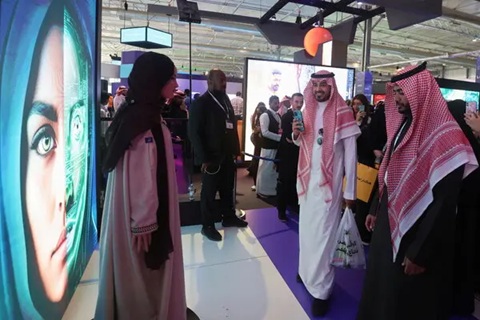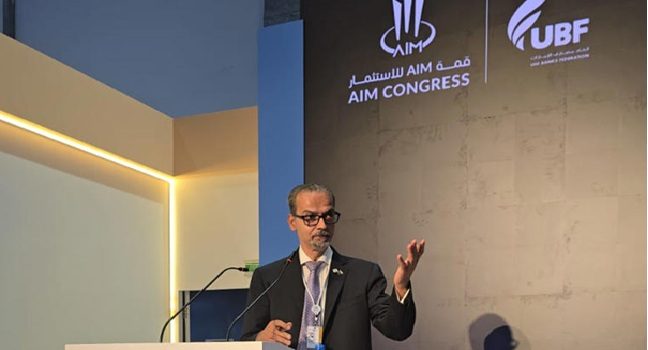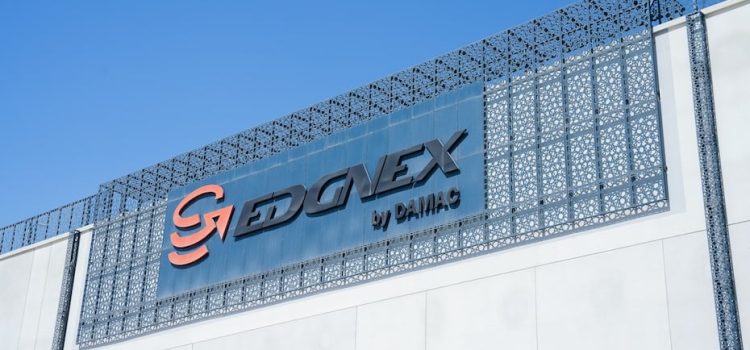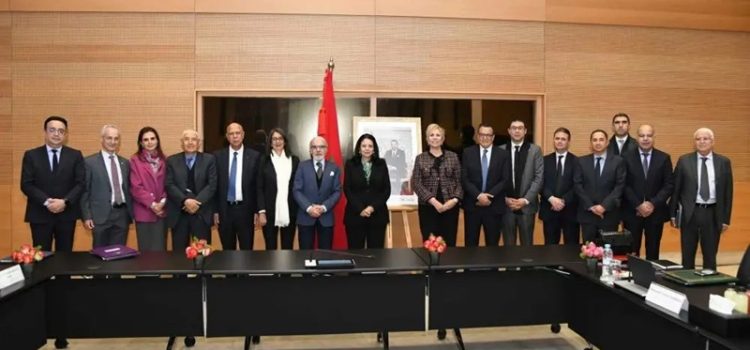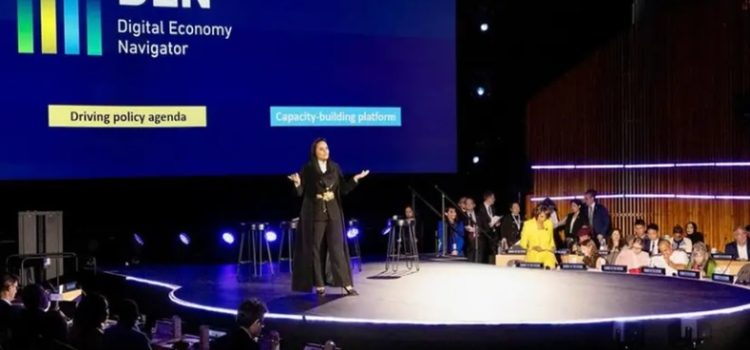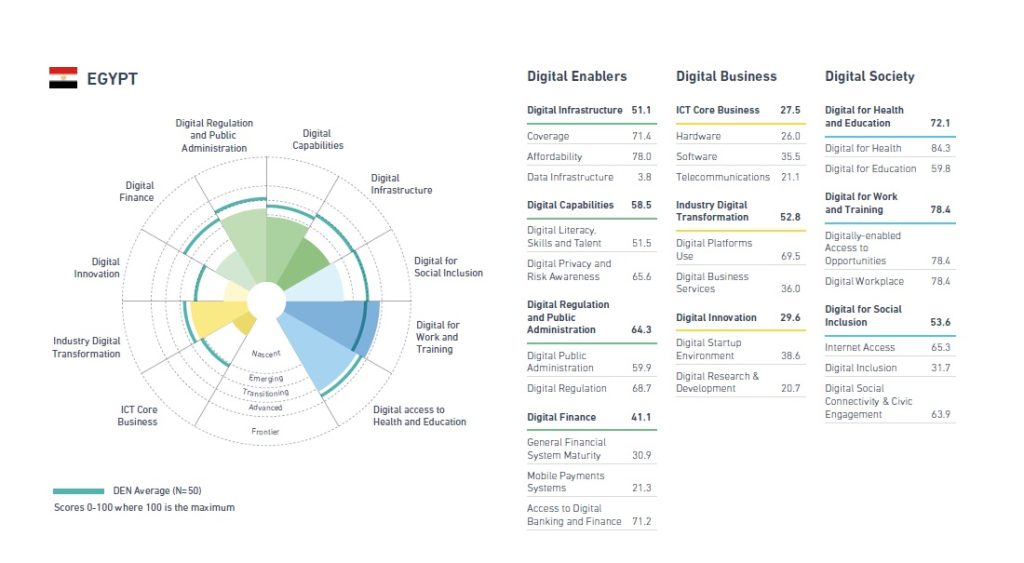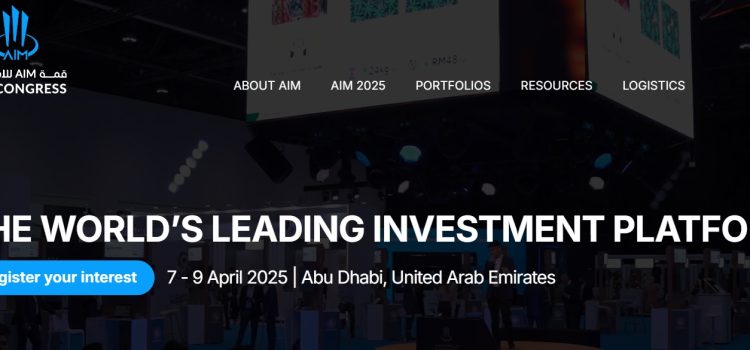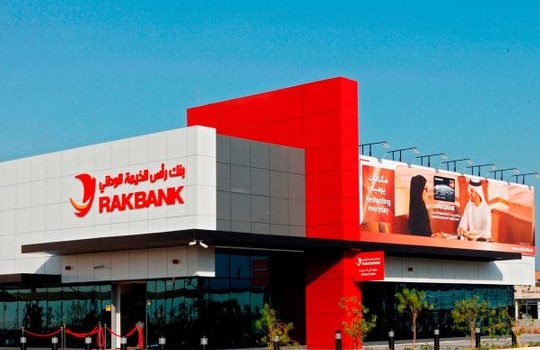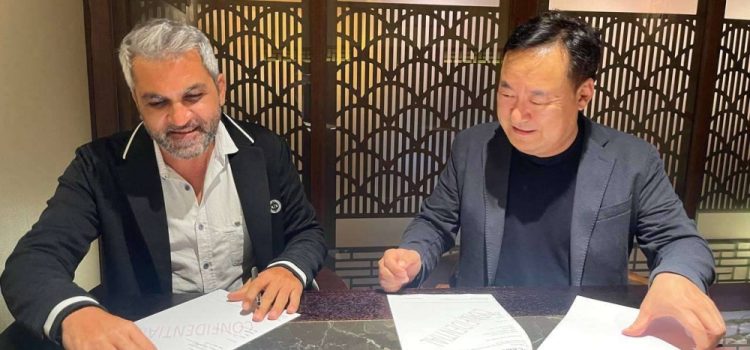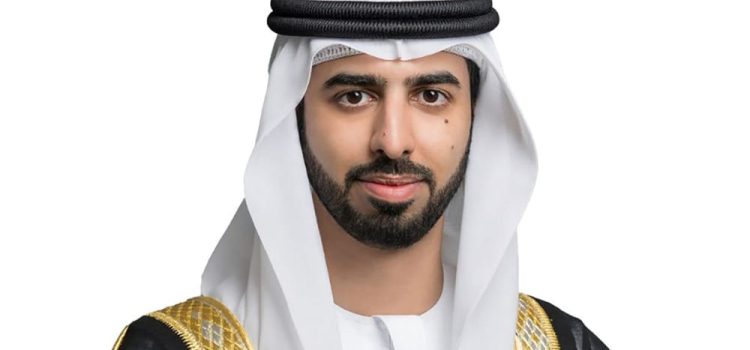The AIM Congress 2025, a well-known global investment platform, which will be held from April 7th-9th 2025, under the theme “Mapping the Future of Global Investment” will have a dedicated portfolio for Digital Economy in addition to its FDI (Foreign Direct Investment) portfolio which will address digital transformation as one of the key drivers.
The Digital Economy portfolio is dedicated to supporting the transformation of the global economy into a digitally-driven economy, fostering a sustainable, inclusive and secure digital future. Digital technologies present unparalleled opportunities for economic transformation. They enable novel interactions among individuals, communities, and governments, facilitate access to information, streamline business operations and enhance engagement with public authorities. Also, the diminishing of geographical and physical barriers creates new avenues for economic, social and cultural development, while also boosting regional and global competitiveness.
As per the announcement, digital transformation, data-driven insights, automation, the Internet of Things, blockchain adoption, focussing on cybersecurity and cognitive technologies are among the key drivers revolutionizing the finance industry. Over the next five years, these advancements are expected to significantly reshape the sector at all levels. The Future of Finance portfolio offers a unique opportunity for finance professionals and stakeholders to network, exchange experiences, and gain valuable insights, enabling participants to navigate and thrive in this rapidly evolving financial landscape.
The AIM Congress 2025 will include eight portfolios, which include Foreign Direct Investment (FDI), Global Trade, Startups & Unicorns, Future Cities, Future Finance, Global Manufacturing, Digital Economy, and Entrepreneurs. These portfolios will encompass a broad range of sectors such as smart agriculture, energy, infrastructure, finance and stock exchange markets, and information and communication technology. Additionally, they will address industry, medical tourism, biotechnology, medical technology, the pharmaceutical industry, international trade, logistics and transportation, water technology, tourism, and education. This diverse lineup underscores AIM’s comprehensive approach to exploring and advancing critical areas of development and innovation.
Focussing on innovation and entrepreneurial opportunities, the Startups and Unicorns portfolio will bring together leading innovators, seasoned investors, industry professionals and influential organizing bodies from around the globe, thereby contributing to equipping startups with essential information, tools and networking opportunities to ensure their success in the competitive market environment.
AIM Congress 2025 will explore the latest trends and developments shaping the global investment landscape, focusing on addressing current and future challenges while driving collaborative efforts to forge innovative solutions, with the goal of fostering a balanced, prosperous and sustainable global economy.
The event will see the participation of an elite group of leaders, government officials, policymakers, industry leaders, senior regional and international investors, as well as prominent international companies and organizations from various sectors.
His Excellency Dr. Thani bin Ahmed Al Zeyoudi, UAE Minister of State for Foreign Trade and President of AIM Congress, emphasized the significance of this gathering, stating, “AIM Congress 2025 is an opportunity to reaffirm the UAE’s unwavering commitment to leading global efforts in addressing the pressing economic challenges of our time. As the world navigates profound economic shifts, AIM will provide a crucial platform for the international community to come together, devise innovative investment strategies, and build a framework that ensures sustainable and inclusive growth for all.”
HE Al Zeyoudi went on to say, “As the hosts of this prestigious global investment congress, the UAE is leveraging its forward-looking vision and the guidance of our wise leadership to deepen our engagement with the world in trade and investment, expanding economic partnerships with key global economies that will drive progress towards a more interconnected and resilient world economy. AIM Congress 2025 is a critical opportunity to exchange expertise, share pioneering innovations, and lay down a roadmap for the future of sustainable global investment.”
Building on the continued success of the previous editions of AIM Congress, the organizing committee is committed to meeting the high expectations of the global investment community. AIM Congress 2025 will be expanded significantly, with an increased number of events, activities and exhibitors. The exhibition area will be doubled to over 30,000 square metres, and the event will host more than 25,000 distinguished participants from 180 countries, with over 1,000 speakers are expected to engage in more than 350 panel discussions.
Dawood Al Shezawi, Chairman of the Organizing Committee of AIM Congress, emphasized the event’s ongoing success and increasing participation. He said: “Following the resounding success of the previous AIM Congress, which attracted 12,427 prominent figures from 180 countries and featured 412 dialogue sessions exploring investment trends, challenges and opportunities, we are committed to building on this momentum. The previous edition featured 927 speakers, including industry leaders and policymakers, who engaged in discussions to foster collective action and collaboration aimed at driving sustainable global economic growth.”
Al Shezawi added: “As we prepare for AIM Congress 2025, we are dedicated to organizing a bigger and more impactful edition with the goal of continuing the journey towards shaping a more prosperous and inclusive global economy and achieving sustainable economic development, contributing to shaping the evolving investment landscape with renewed vigour.”
Al Shezawi said: “In its commitment to stimulating strategic partnerships, the AIM Congress 2024 signed 43 memorandums of understanding between government entities, financial institutions and private sector companies. It also coordinated 8,130 bilateral meetings between investors and participating entities. The agenda of AIM Congress 2024 also included an exhibition, which was dedicated to highlighting the latest innovations, products and services showcased by 352 exhibitors.”









